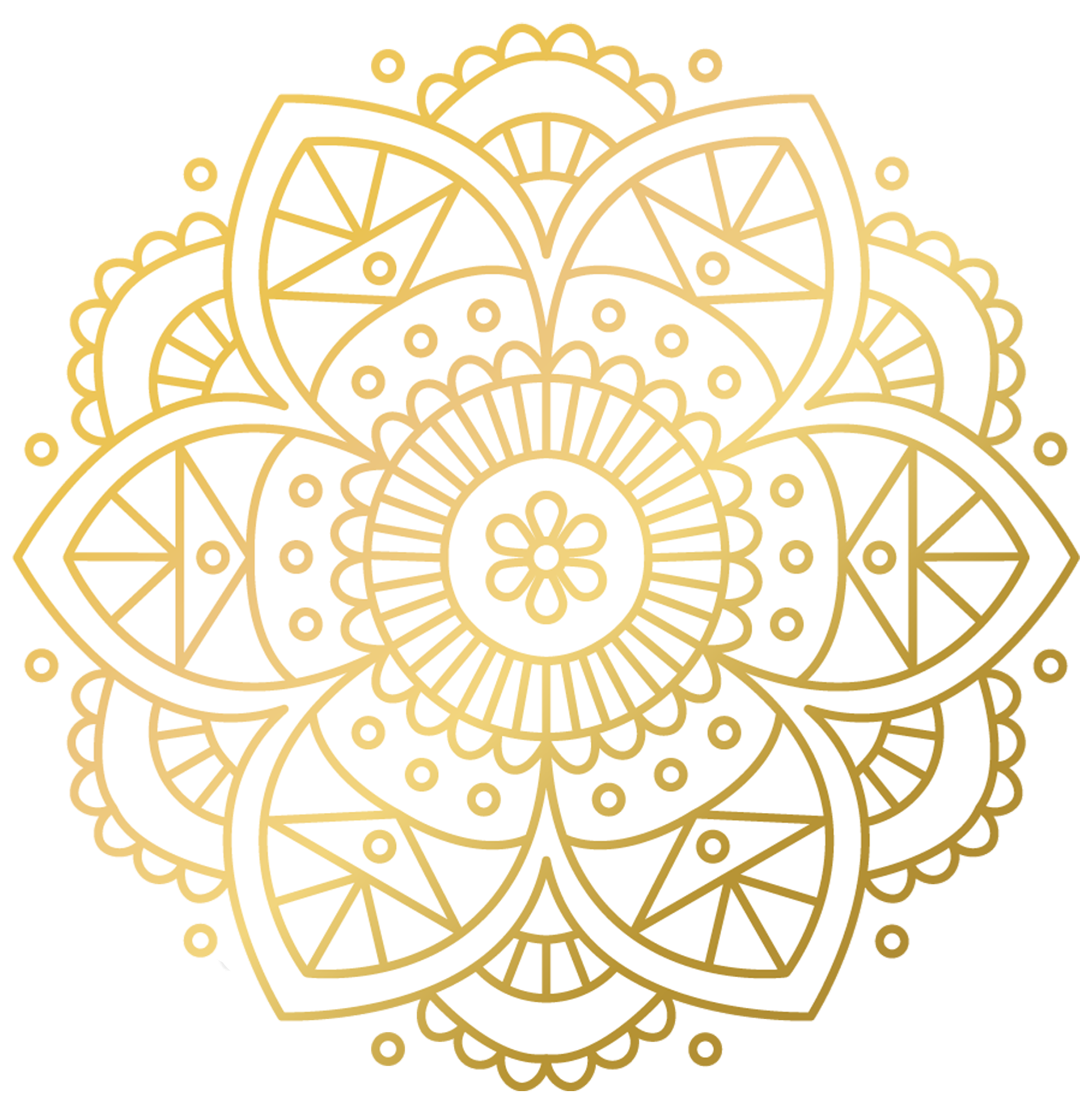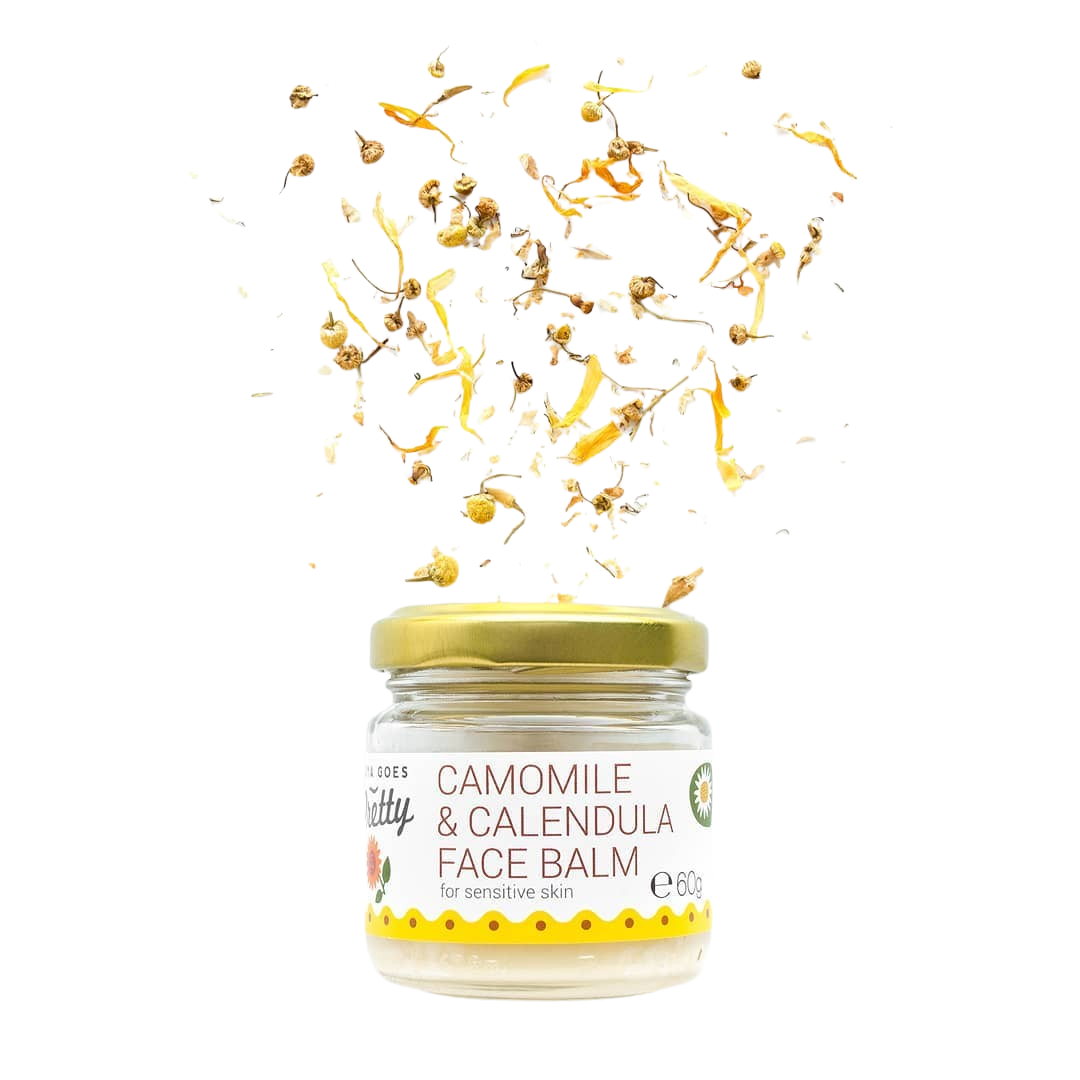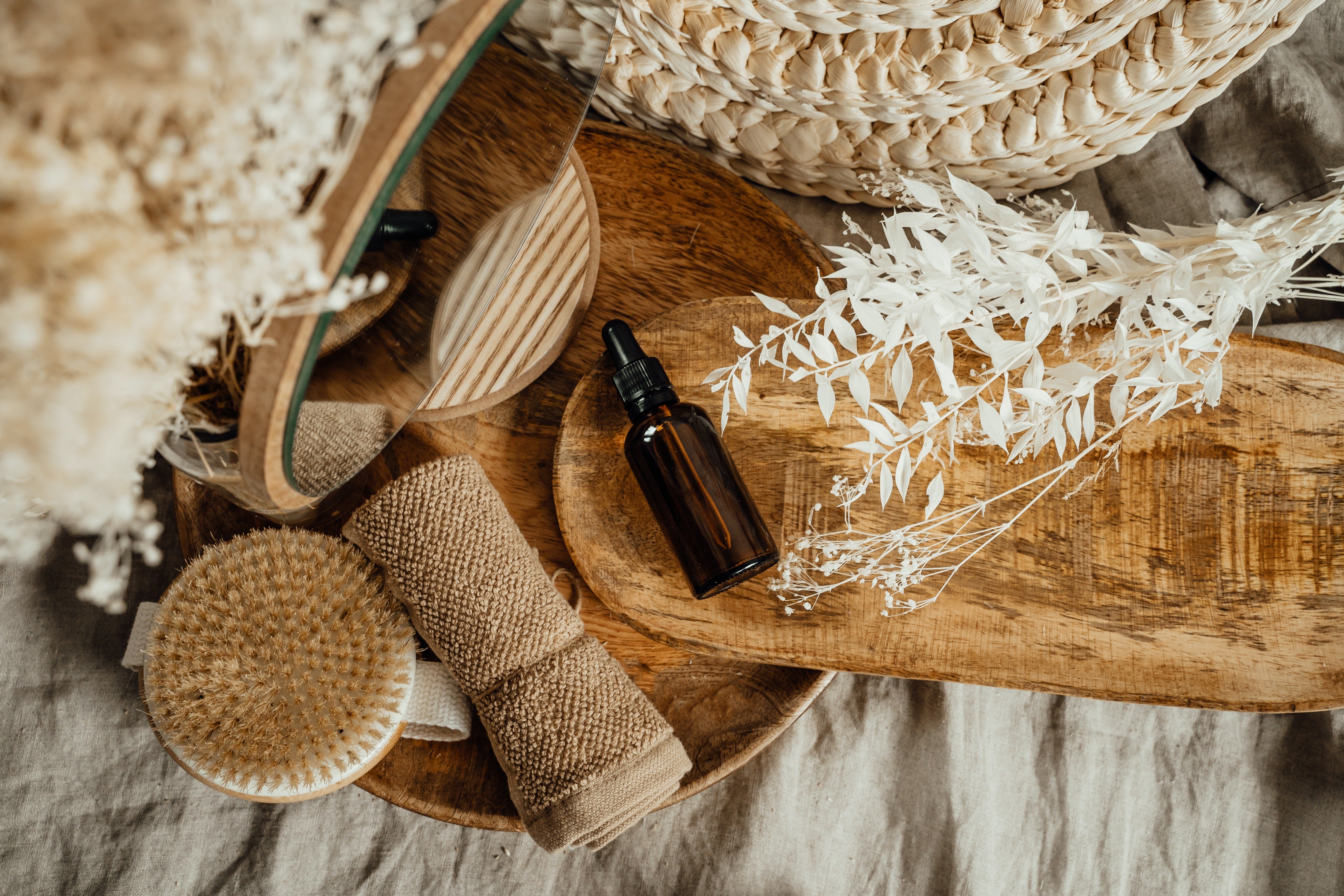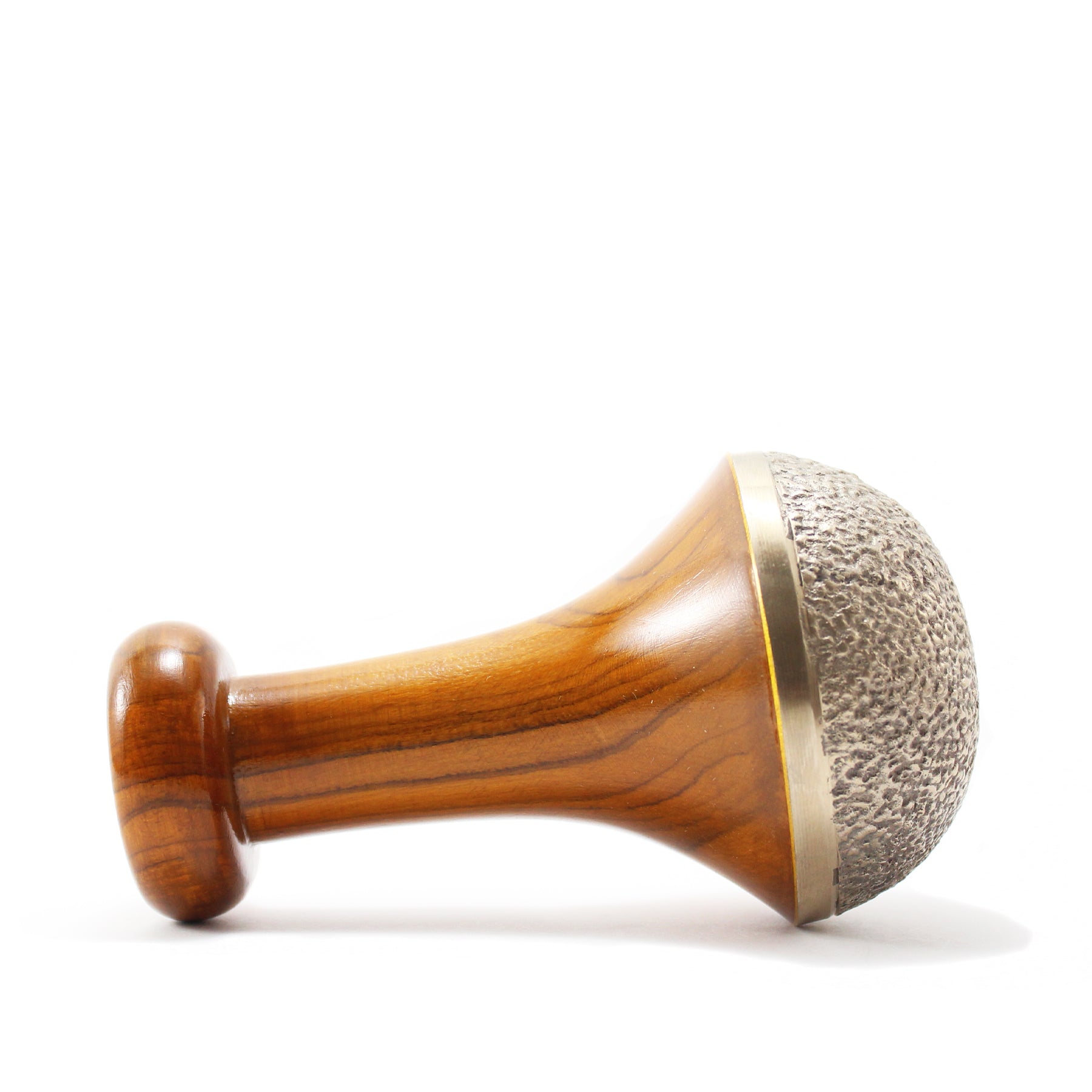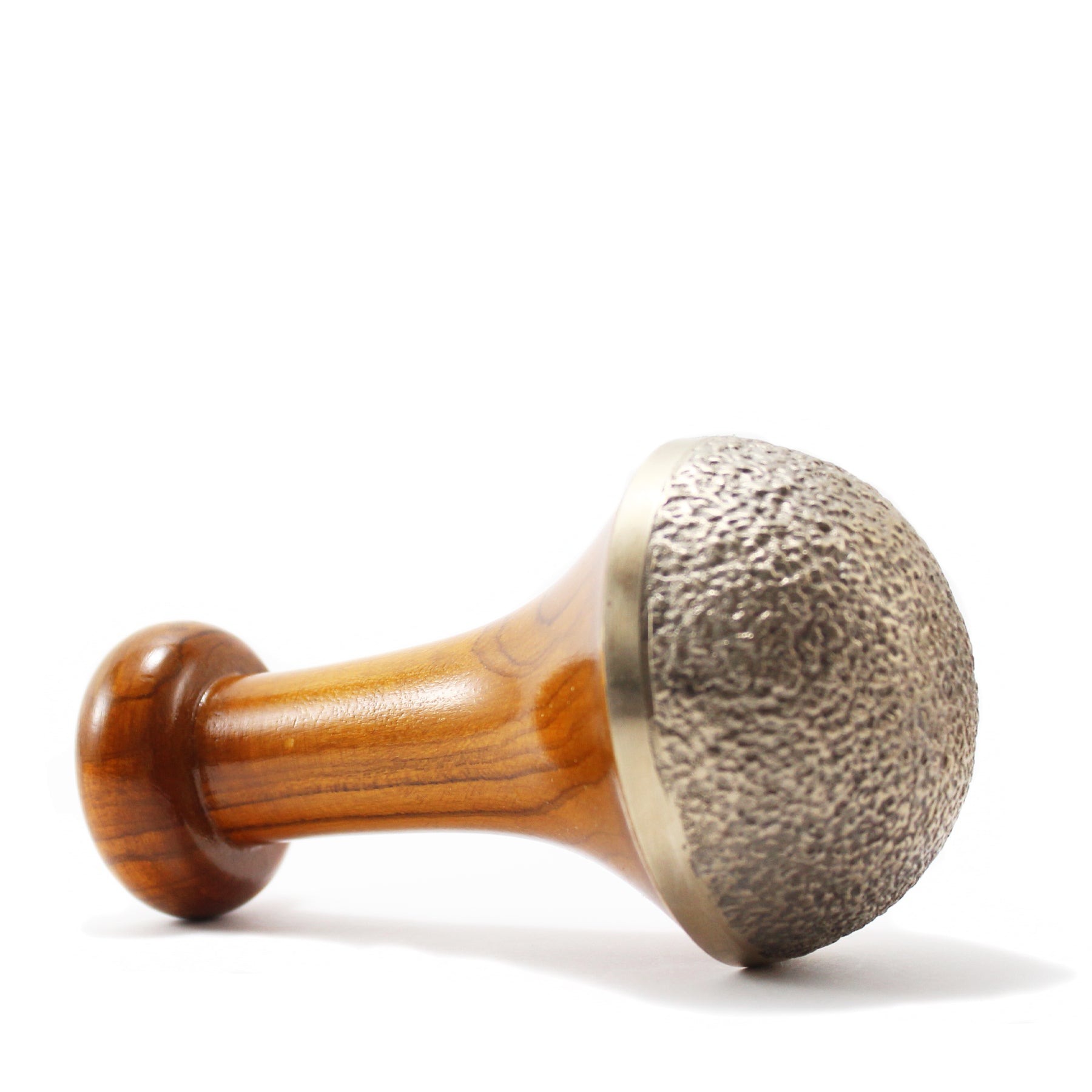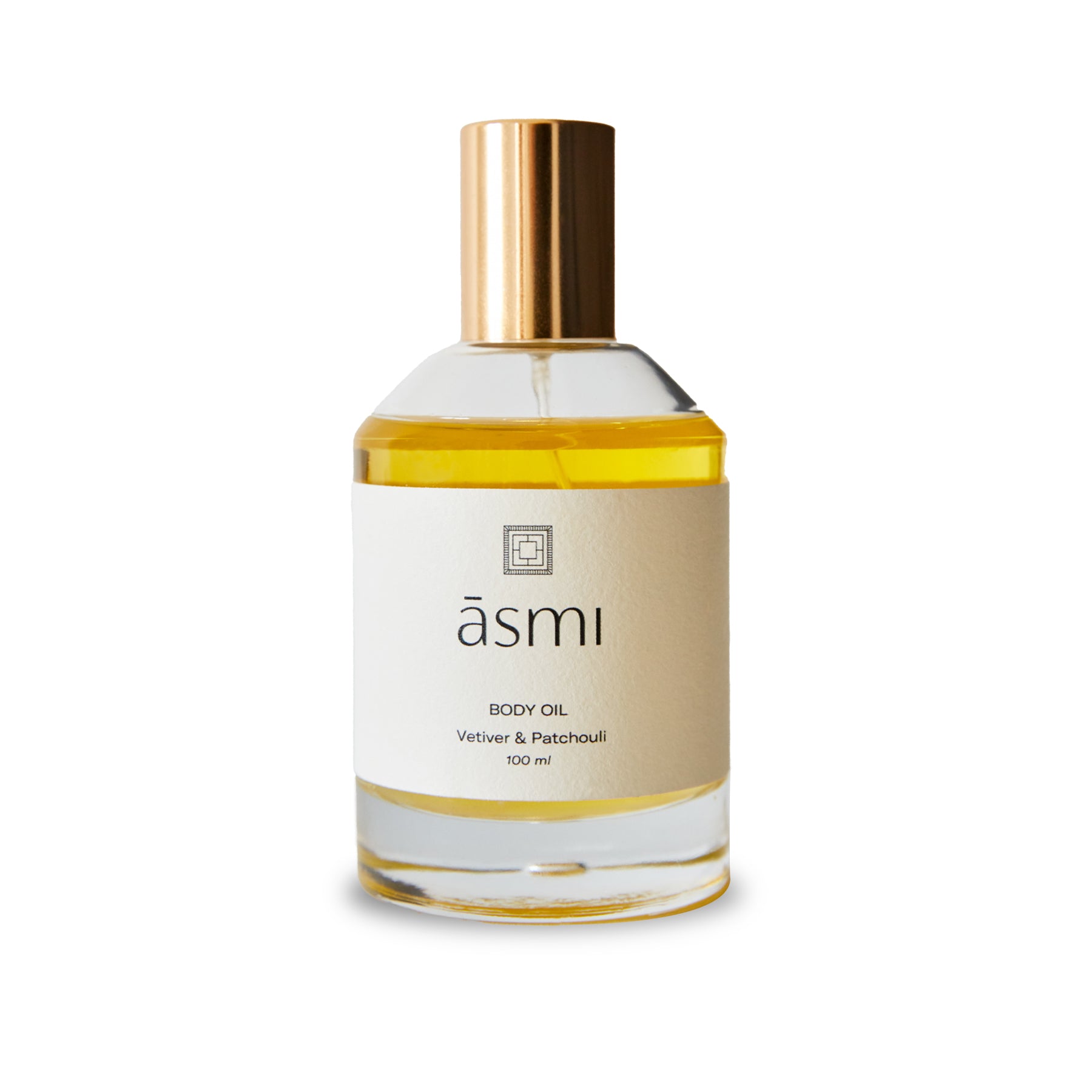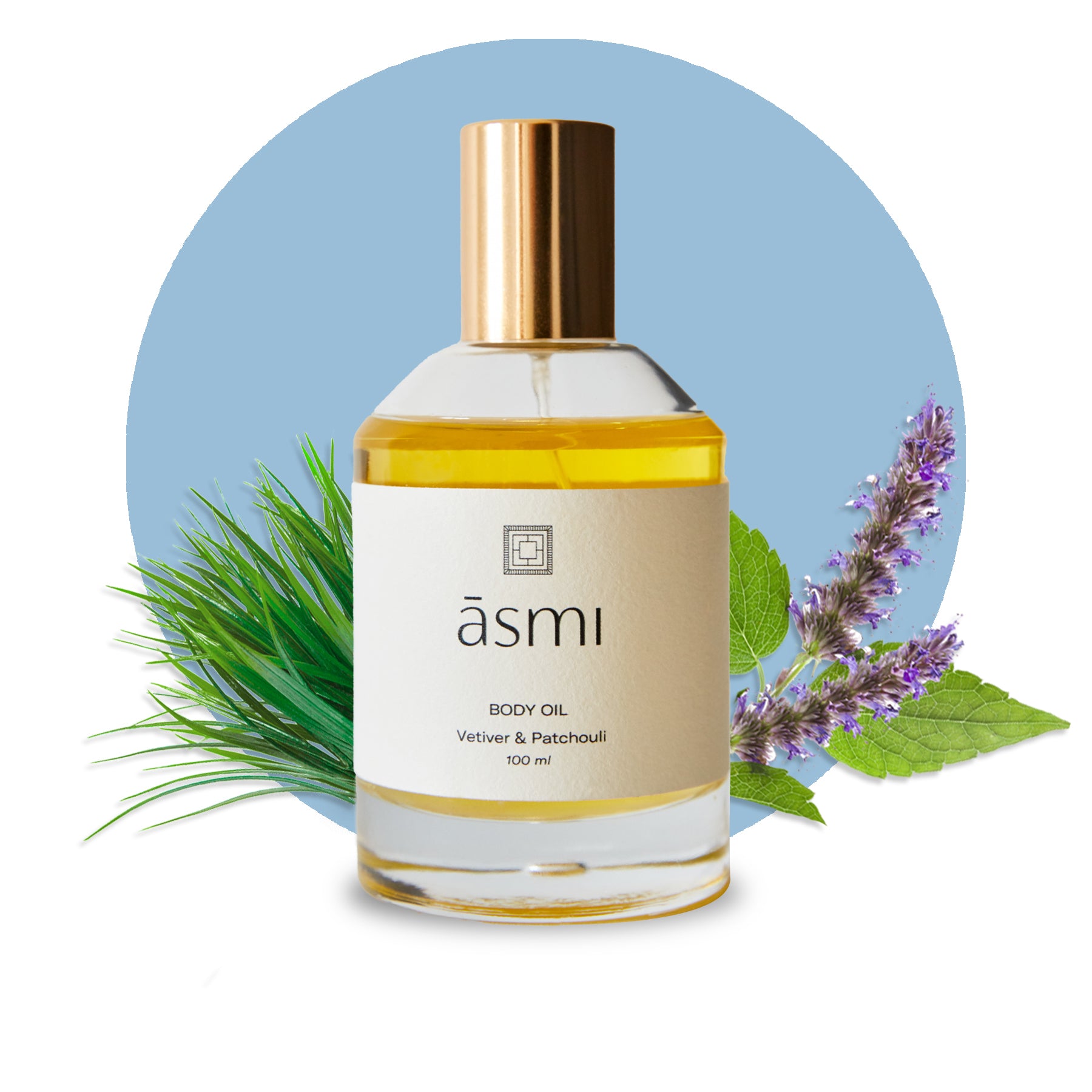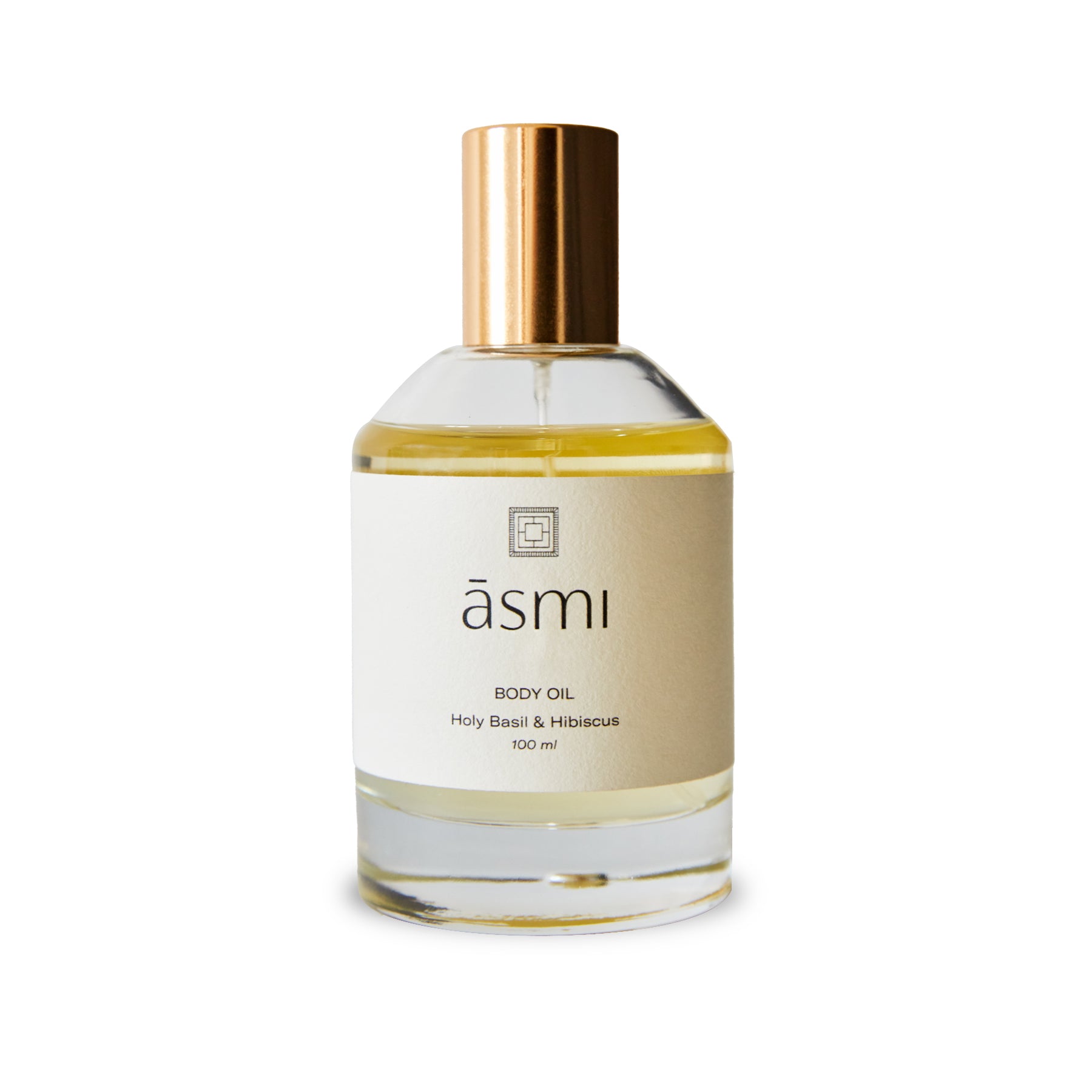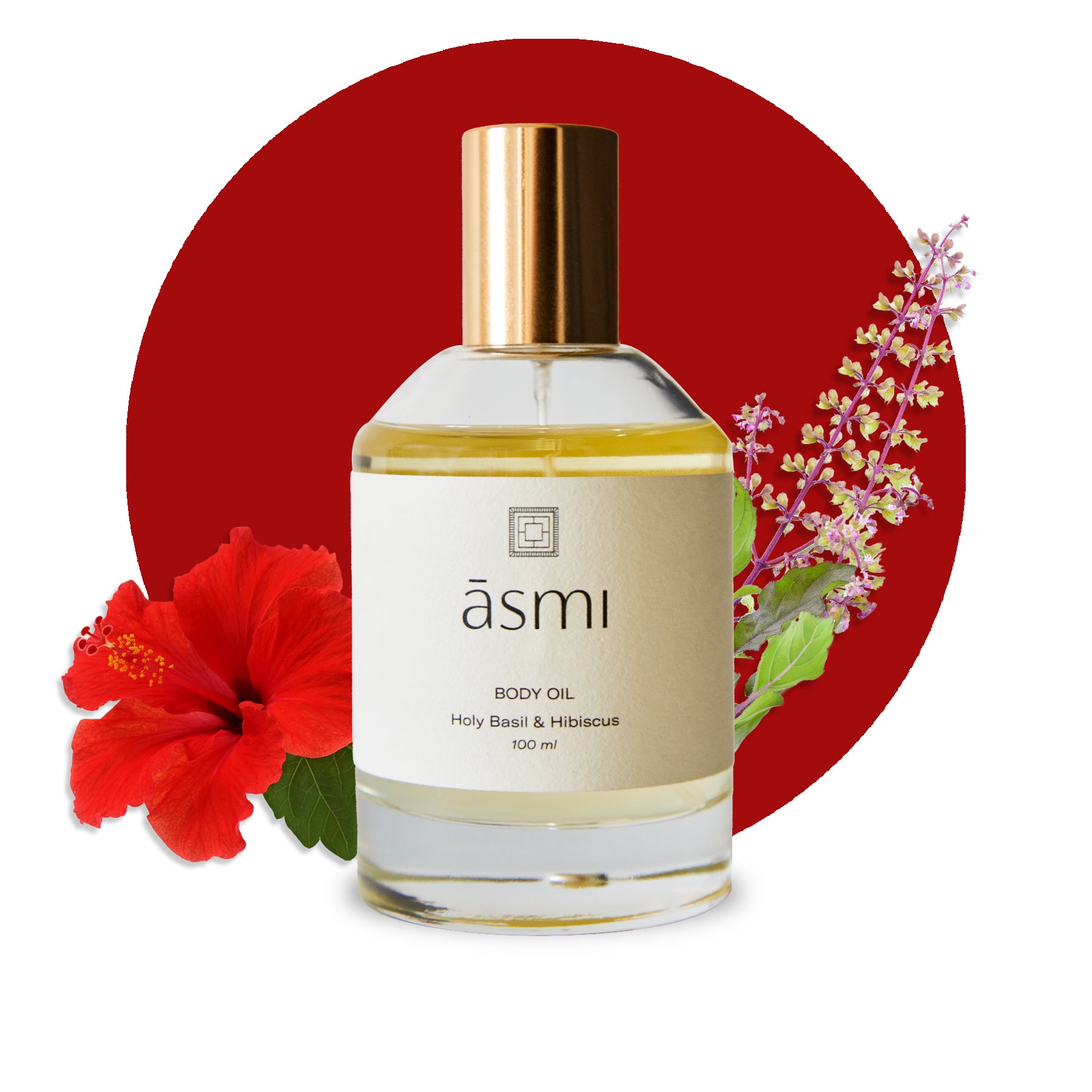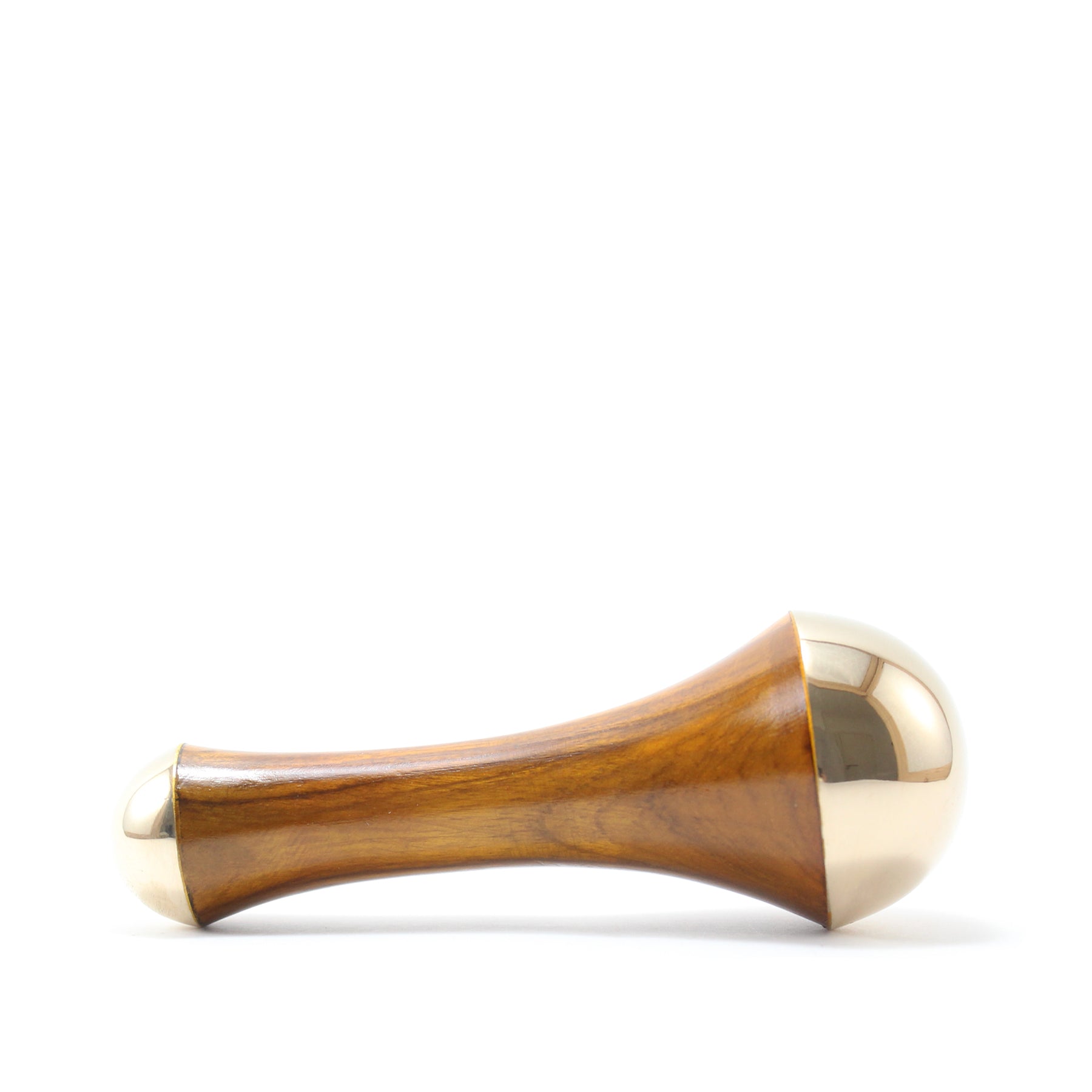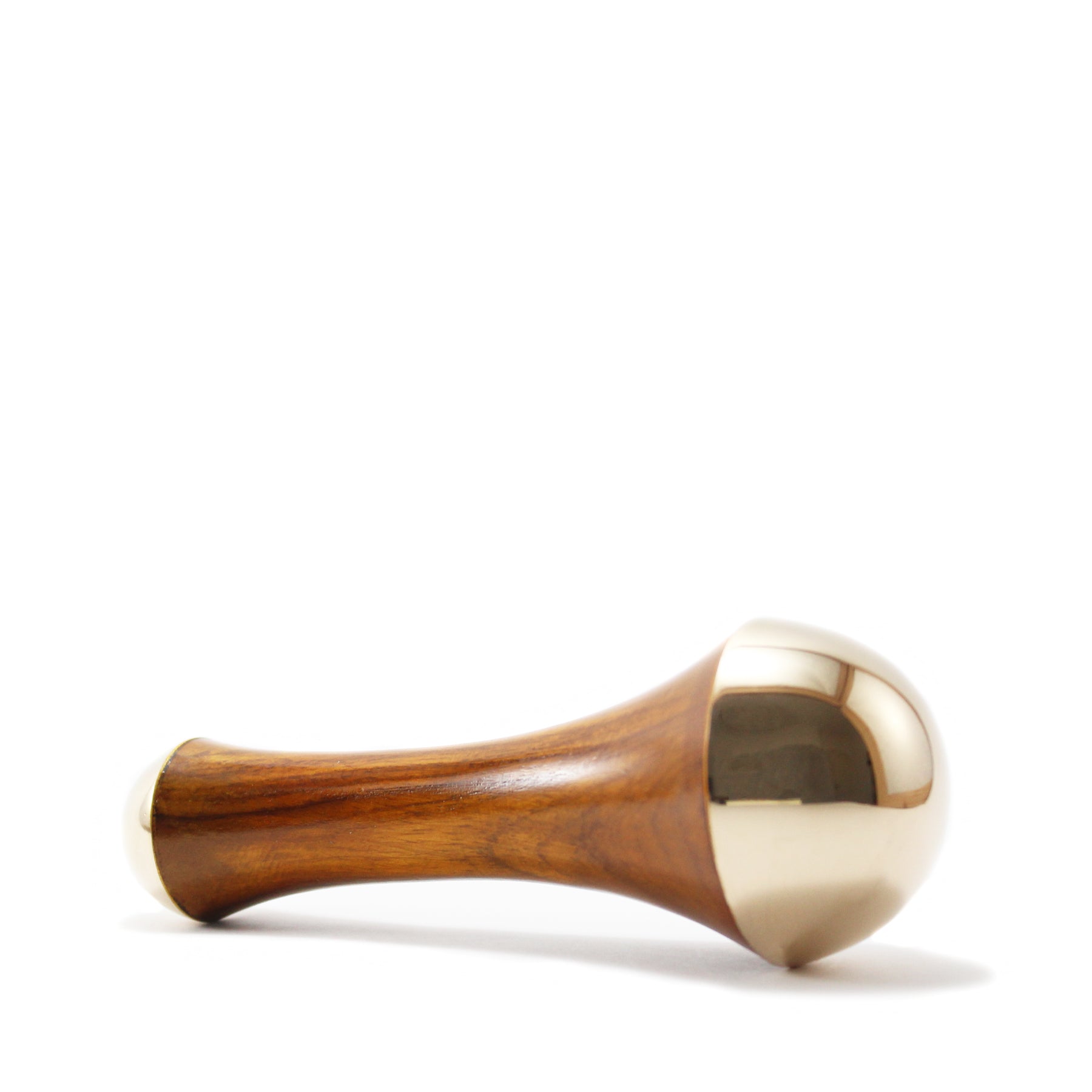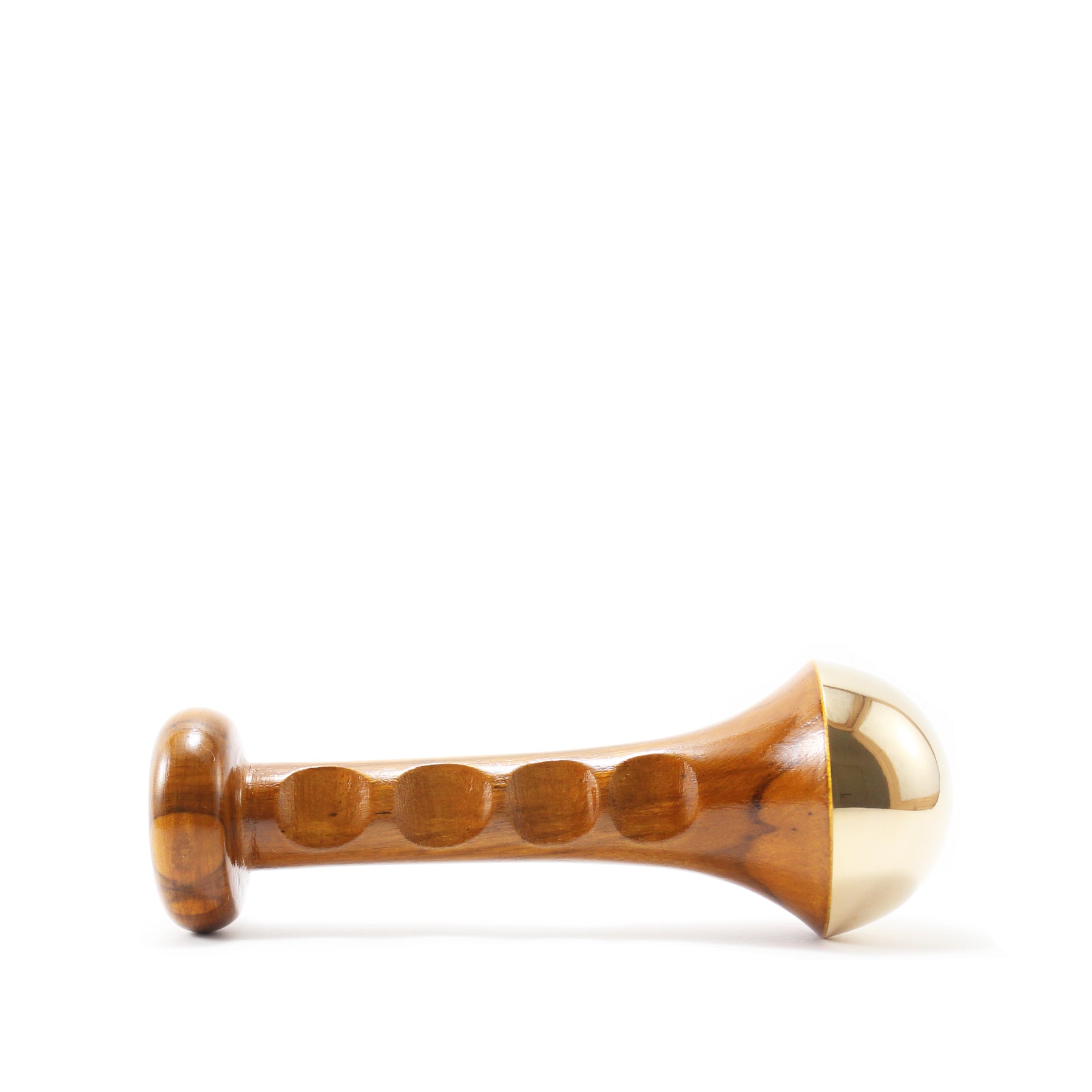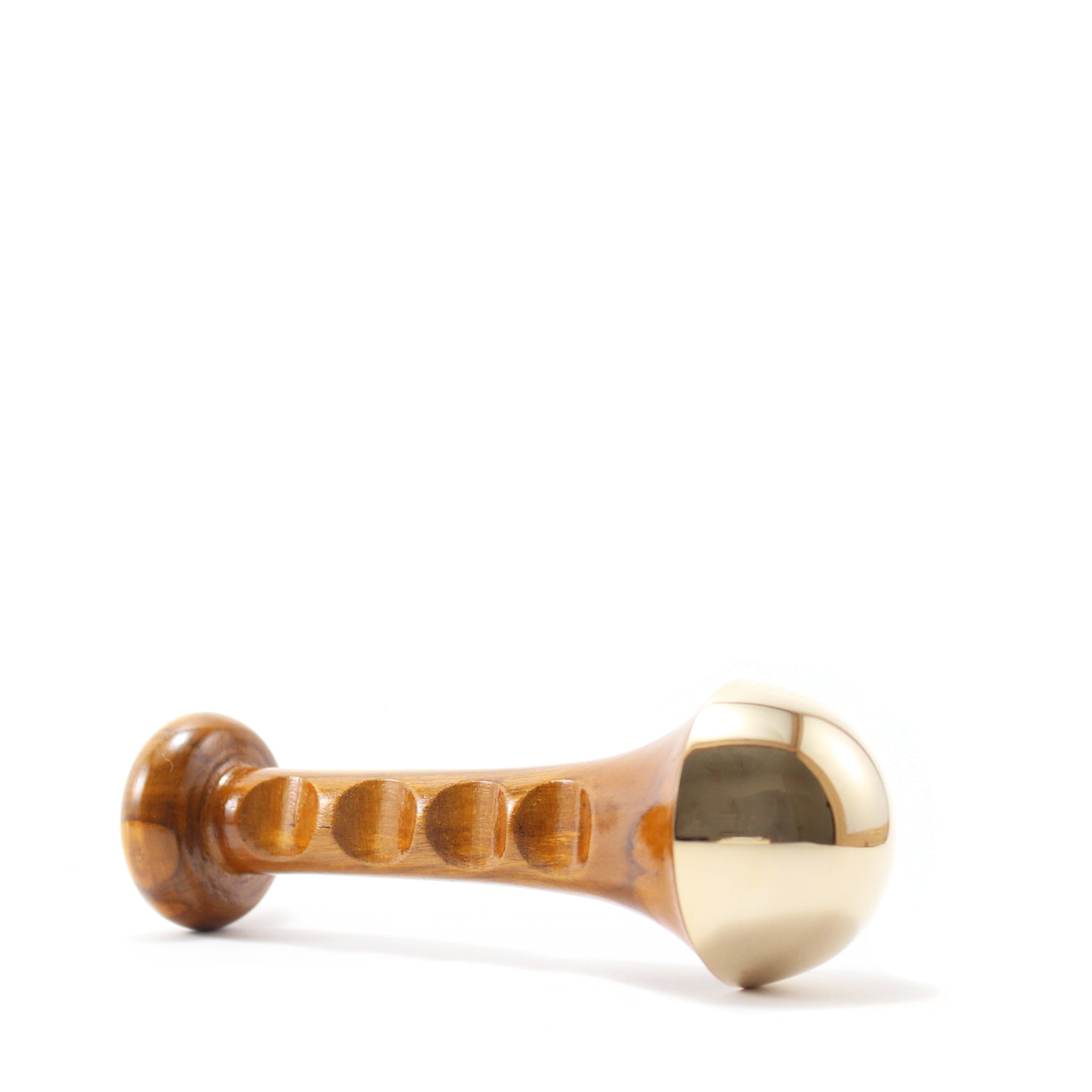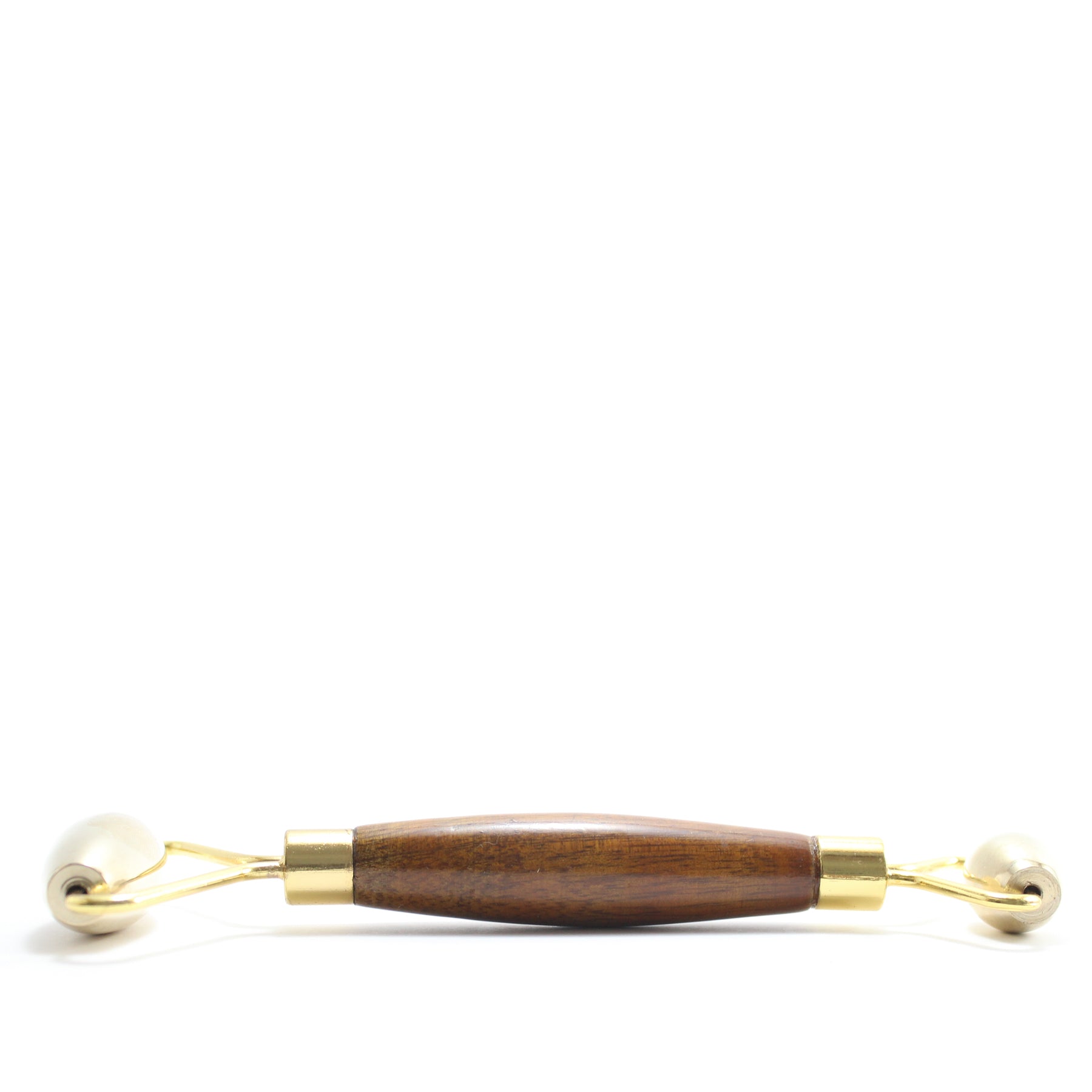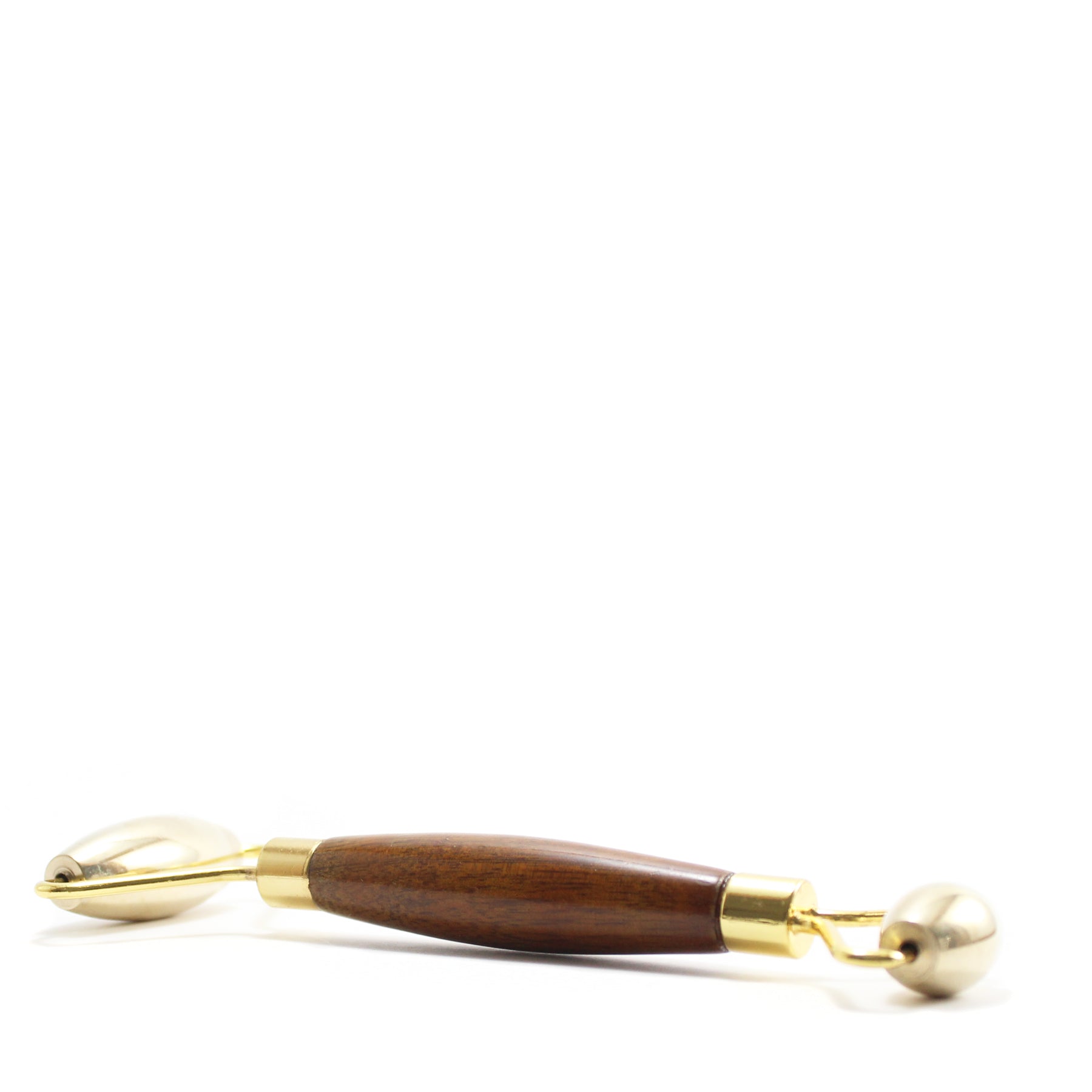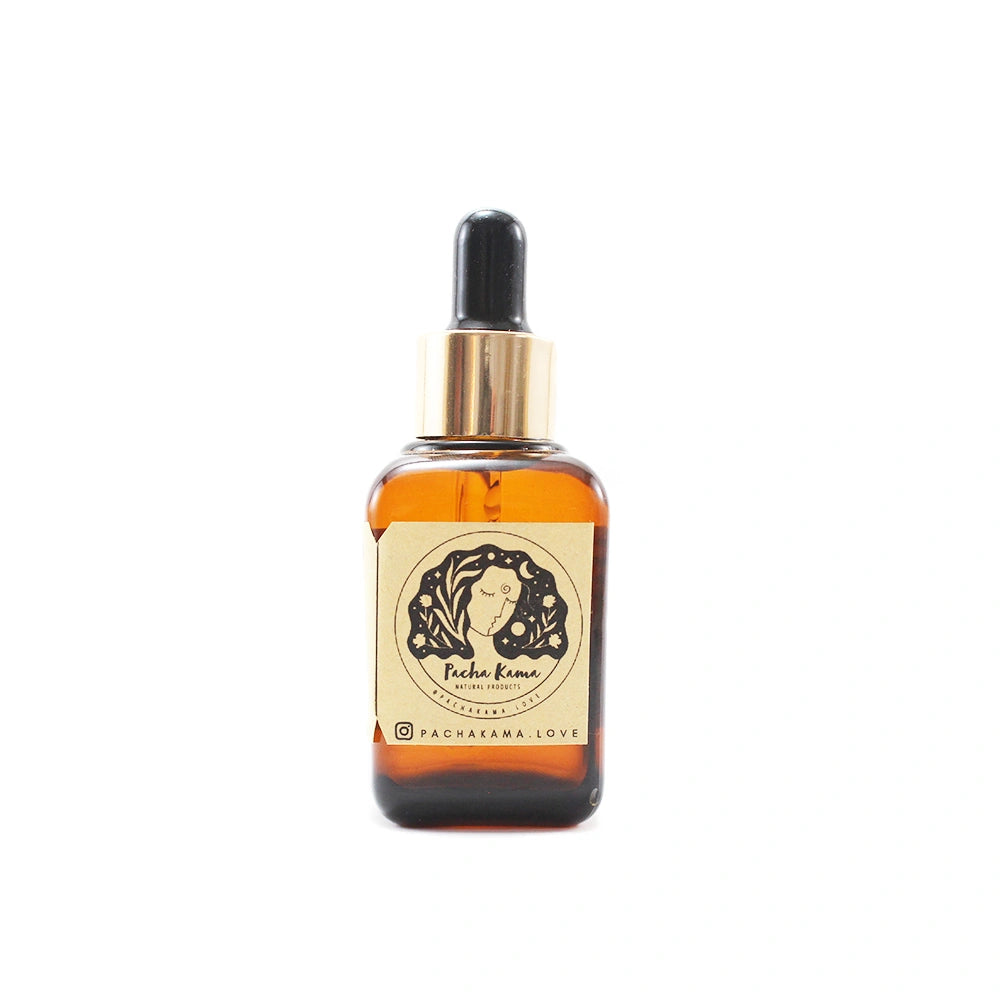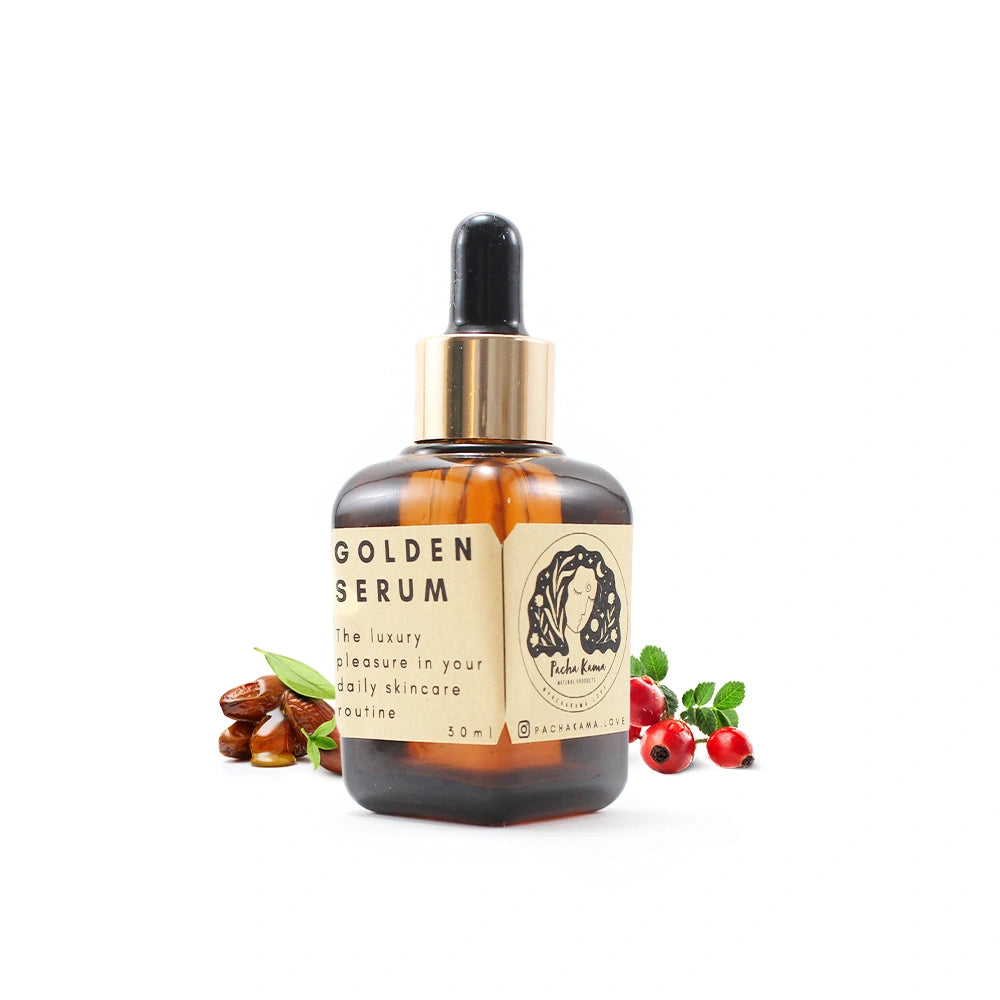Air + Ether

Vata is the principle of air and ether. It is the strongest dosha of all three biological energies. It provides space for all other life functions and is behind all the movements of the human body.
Movement and change are characteristics of its nature. You will enjoy always being on the move, with an energetic and creative mind. As long as Vata is in balance, you will be lively and enthusiastic, with a slender body.
Vata manifests itself through psychosomatic functions, blood circulation, the lymphatic system, the nervous system, and the respiratory tract. The main areas of Vata Dosha are the large intestine, pelvic and abdominal cavities, thighs, bones, head, ears, and all other bodily openings, along with the tactile and auditory senses.
When this dosha is disturbed, the person loses the feeling of enthusiasm, happiness, joy, and creative power. Then feelings of anxiety, fear, nervousness, indecision, insecurity, sadness, and depression increase. There is an increased perception of pain, stiffness, joint fissures, cramping, or general tremors. If vata deviates from its original condition, it leads to feelings of loneliness, shyness, insecurity, and avoidance of social contact.
PHYSICAL CHARACTERISTICS
Those with a predominance of Vata Dosha often have a thin, light frame and excellent agility. Their energy comes in bursts, and they are likely to experience sudden bouts of fatigue. Vatas often have dry skin and hair and cold hands and feet. They sleep lightly, and their digestion can be sensitive. When Vata Dosha is out of balance, it can cause weight loss (though not always), constipation, high blood pressure, arthritis, weakness, restlessness, and problems with digestion.
EMOTIONAL CHARACTERISTICS
Vatas loves excitement and new experiences. They get angry quickly, but they are also forgiving. When Vatas are in balance, they are energetic, creative, and flexible. They also take initiative and are lively conversationalists. When unbalanced, they tend to worry and become anxious and often suffer from insomnia. When they feel overwhelmed or stressed, their response is, "What did I do wrong?"
BALANCED VATA
When Vatas are in balance, they are energetic, creative, lively, and flexible. They are likely to take the initiative and are lively conversationalists. Flowing with vitality, generosity, and joy, their enthusiasm is contagious, and they tend to be the life of a party or the catalyst for a new creative idea. When in balance, Vatas has a strong ability to multi-task.
IMBALANCE IN VATA
When Vata is out of balance, it is evident through weight loss, joint fractures, arthritis, osteoporosis, muscle wasting, constipation, dry skin, low immunity, and irregular digestion. Excess Vata manifests as dry and brittle skin, lips, hair, and nails. They are more likely to show signs of anxiety, fear, nervousness, and restlessness. It is not uncommon for a Vata individual to suffer from insomnia when they are out of balance. A typical Vata response to stress or overload is self-blame, self-questioning, and worry.
HOW TO BALANCE VATA
To balance Vata, make choices that bring warmth, stability, and consistency to your life. Avoid getting a cold. Wear appropriate, seasonal clothing and keep your head covered when the weather is cold.
If excessive stress in your life leads to an imbalance in your Vata force, your activity will start to get out of control. Your mind can race, contributing to anxiety and insomnia. You may start skipping meals, resulting in unintentional weight loss, and your digestion may become erratic. If you notice these early symptoms of a Vata imbalance, slow down, take time to meditate, don't skip meals, and go to bed early.
Practice light exercises that increase balance and flexibility. Be careful not to push yourself too hard and exceed the limits of your energy. Suitable physical exercises are: yoga, tai chi, qigong, gymnastics, light running, cycling, golf, dancing, and walking. To restore balance, Vata people should treat themselves with plenty of sun, heat, stillness, plenty of rest, massage, regular relaxation and aromatherapy, and a warm, rich, slightly spicy, and oily diet.
Drink ginger tea, especially during cold weather. Fresh ginger root is beneficial and can be used frequently. Also, try our collection of Ayurvedic teas to energise and relax.
